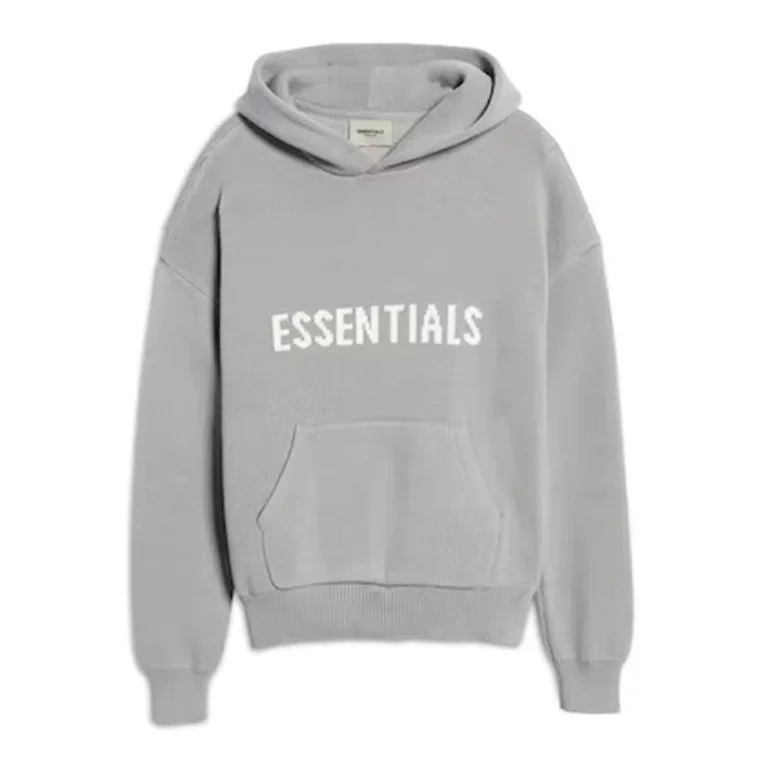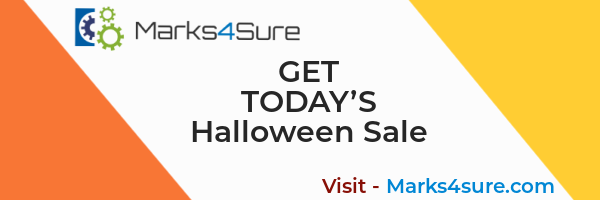Aluminum composite sheet suppliers provide essential materials used across construction, signage, and architectural applications. These suppliers offer a range of products that combine lightweight aluminum layers with durable cores, meeting various needs such as weather resistance, ease of fabrication, and aesthetic appeal.
The key to selecting a reliable aluminum composite sheet supplier is finding one that offers high-quality, certified materials tailored to specific project requirements, ensuring both performance and longevity. Trusted suppliers often stock well-known brands and provide customizable options to suit different sizes, coatings, and core types.
Choosing the right supplier simplifies sourcing and guarantees access to up-to-date technologies and sustainable products. Whether for exterior cladding or interior design, reliable suppliers deliver materials that balance functionality with visual quality, helping projects meet professional standards efficiently.
Finding Reliable Aluminum Composite Sheet Suppliers
Selecting aluminum composite sheet suppliers involves evaluating product quality, certifications, and pricing structures. Reliable suppliers offer consistent materials that meet industry standards and provide clear terms for bulk purchasing. These factors are critical for ensuring projects stay within budget while maintaining material integrity.
Key Criteria for Choosing a Supplier
The supplier’s reputation for consistent quality is paramount. Buyers should check for customer reviews, project references, and the supplier’s experience in the aluminum composite sheet market.
Material variety also matters. A supplier with a wide range of colors, finishes, and core materials allows more flexibility for different applications.
Customer service responsiveness and delivery reliability impact project timelines, so local or regionally accessible suppliers can provide advantages.
Finally, technical support such as fabrication advice or installation guidance distinguishes higher-value suppliers from basic distributors.
Verifying Supplier Certifications and Quality Standards
Certifications indicate a supplier’s compliance with industry standards and product safety. Look for certifications like ISO 9001 for quality management or fire-retardant ratings specific to aluminum composite materials.
Verification of testing procedures is important. Suppliers should provide documentation for mechanical strength, weather resistance, and chemical durability tests.
Material traceability ensures panels meet specified grades and formulations, avoiding mismatches in project requirements.
Checking independent third-party lab results or manufacturer-backed warranties adds confidence in the product’s long-term performance.
Comparing Pricing and Bulk Order Options
Pricing should be transparent, including the cost per sheet and any volume discounts offered. Suppliers often reduce prices significantly for bulk orders, which benefits large-scale projects.
Additional costs such as shipping, customs fees (if imported), and packaging must be factored into the total cost.
Payment terms and lead times vary, so negotiating clear agreements on deposits, delivery schedules, and penalties for delays is essential.
Some suppliers may offer customization services or bundling deals that can reduce overall expenses when ordering cladding systems or complementary materials.
Evaluating Product Offerings and Service Excellence
Aluminum composite sheet suppliers vary widely in the types of products they offer and the level of service they provide. A comprehensive understanding of available sheet types, customization capabilities, and customer support is essential for selecting the right supplier.
Range of Aluminum Composite Sheet Types
Suppliers typically provide several aluminum composite sheet options to meet different project needs. This includes panels with varying core materials, thicknesses, and surface finishes.
Common types include fire-retardant cores, standard polyethylene cores, and even specialty cores designed for enhanced durability or aesthetics. Some suppliers also offer solid aluminum panels and perforated options alongside composite sheets.
The availability of diverse sheet types allows buyers to select panels tailored for specific applications such as exterior cladding, signage, or interior walls. Suppliers with a broad product range offer greater flexibility in design and function.
Customization Services and Lead Times
Many suppliers provide tailored solutions including custom sizes, finishes, and colors. These services accommodate architectural specifications or branding requirements.
Lead times for customized orders depend on the complexity and volume but typically range from a few weeks to a month. Reliable suppliers maintain clear communication on production schedules and delivery timelines.
Efficient customization is critical for projects with strict deadlines. Suppliers capable of fast turnaround and precision manufacturing support smoother project management and reduced delays.
Customer Support and After-Sales Service
Strong customer support encompasses technical advice during product selection, guidance on installation, and responsive problem resolution. This support often extends after purchase through warranty services and replacement policies.
Good suppliers offer a dedicated contact for client queries and provide documentation such as technical datasheets or certifications. This ensures clients fully understand product specifications and compliance.
After-sales service helps maintain product performance and build trust, particularly for large-scale or ongoing projects. Suppliers with comprehensive support help minimize risks and enhance client satisfaction.

